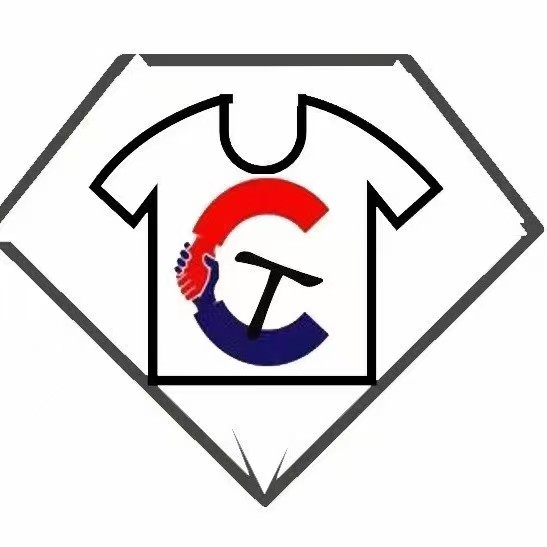Fast fashion has taken the world by storm in recent years, with European garment factories at the forefront of this trend. Fast fashion refers to the rapid production of inexpensive clothing that is inspired by the latest trends seen on the runway or in celebrity culture. This type of fashion allows consumers to keep up with the latest styles without breaking the bank, but it also comes with a host of environmental and ethical concerns.
European garment factories have been quick to adapt to the fast fashion trend, as they are able to produce clothing quickly and at a low cost. These factories have implemented new technologies and production methods to keep up with the demand for fast fashion, such as automated cutting machines and computerized sewing machines. This allows them to produce clothing at a much faster rate than traditional factories, helping to meet the demands of the fast fashion industry.
However, the rise of fast fashion has also raised concerns about the impact on the environment and on the workers in these factories. The production of fast fashion often involves the use of cheap and low-quality materials, which can contribute to pollution and waste. Additionally, the pressure to produce clothing quickly and at a low cost can lead to poor working conditions for factory workers, including long hours, low wages, and lack of safety regulations.
In response to these concerns, many European garment factories are taking steps to improve their sustainability and ethical practices. Some factories are implementing more eco-friendly production methods, such as using organic and recycled materials, reducing water and energy consumption, and implementing waste reduction strategies. Others are working to improve the working conditions for their employees, such as providing fair wages, safe working environments, and opportunities for advancement.
In addition to these efforts, some European garment factories are also working to promote transparency and accountability in their supply chains. By tracing the origins of their materials and ensuring that they are produced ethically, these factories are able to provide consumers with more information about where their clothing comes from and how it is made.
Overall, the rise of fast fashion has presented both challenges and opportunities for European garment factories. While the demand for fast fashion has led to increased production and profits, it has also raised important questions about sustainability and ethics in the fashion industry. By adapting to these challenges and implementing more sustainable and ethical practices, European garment factories can continue to thrive in the fast fashion market while also contributing to a more sustainable and ethical fashion industry.
